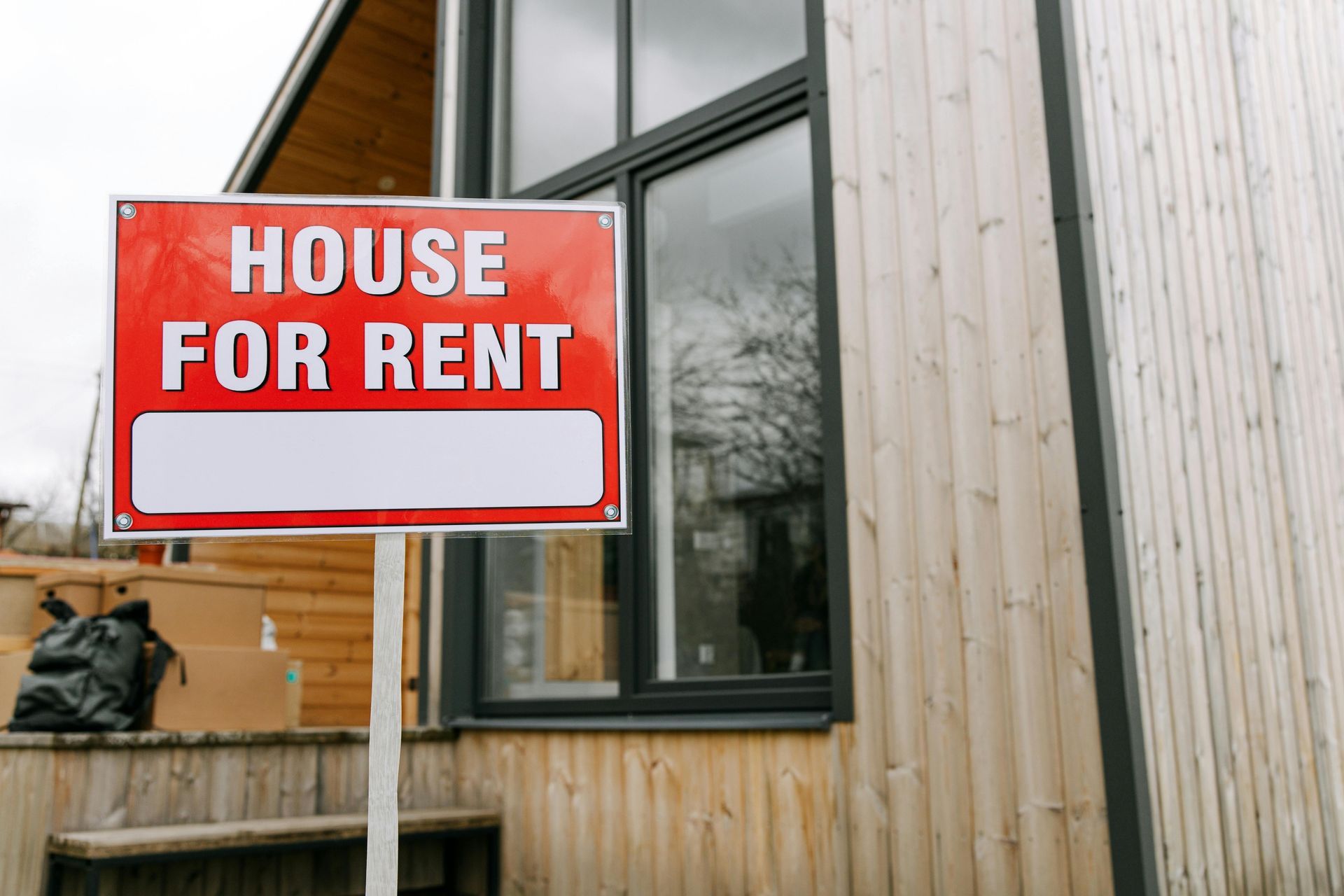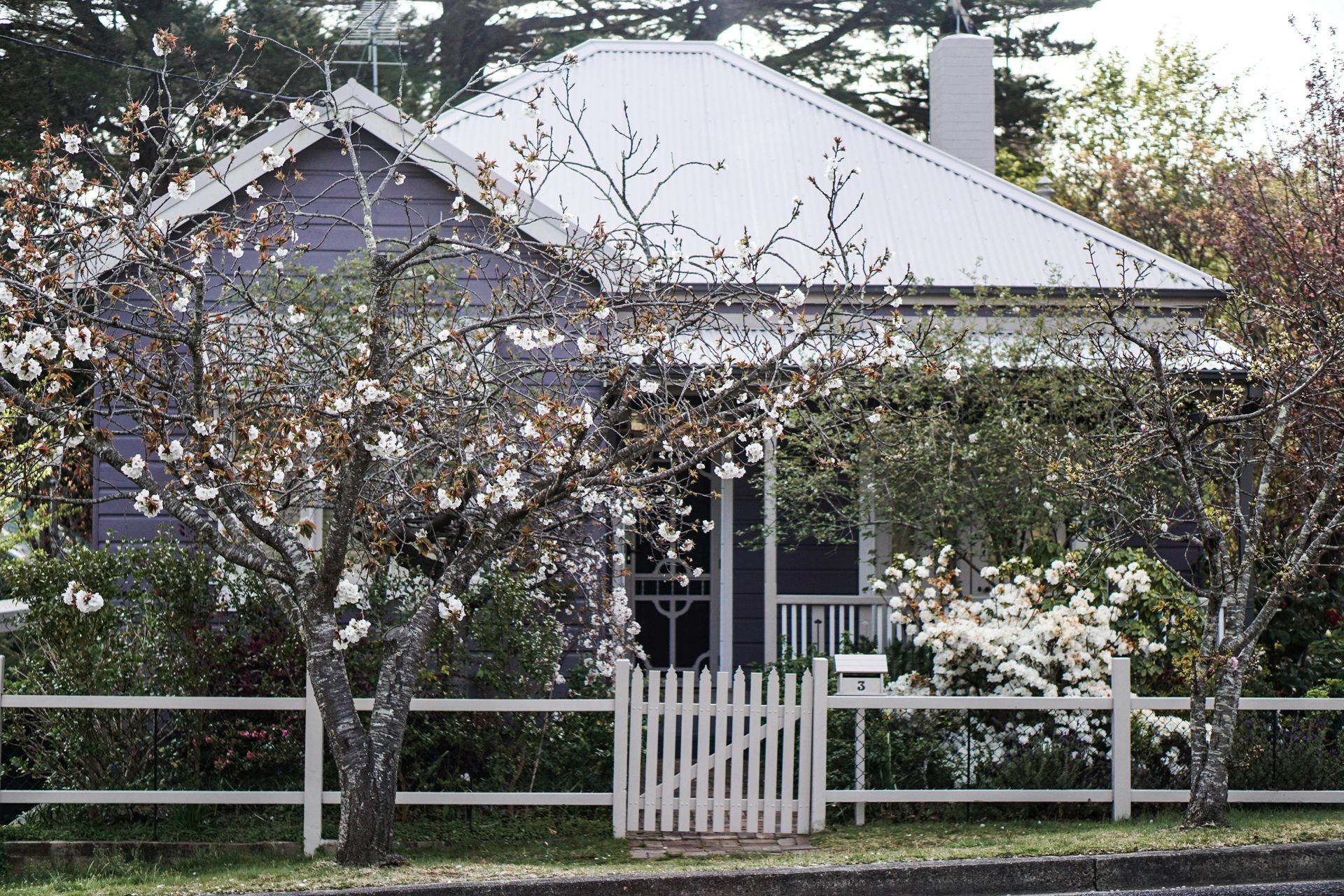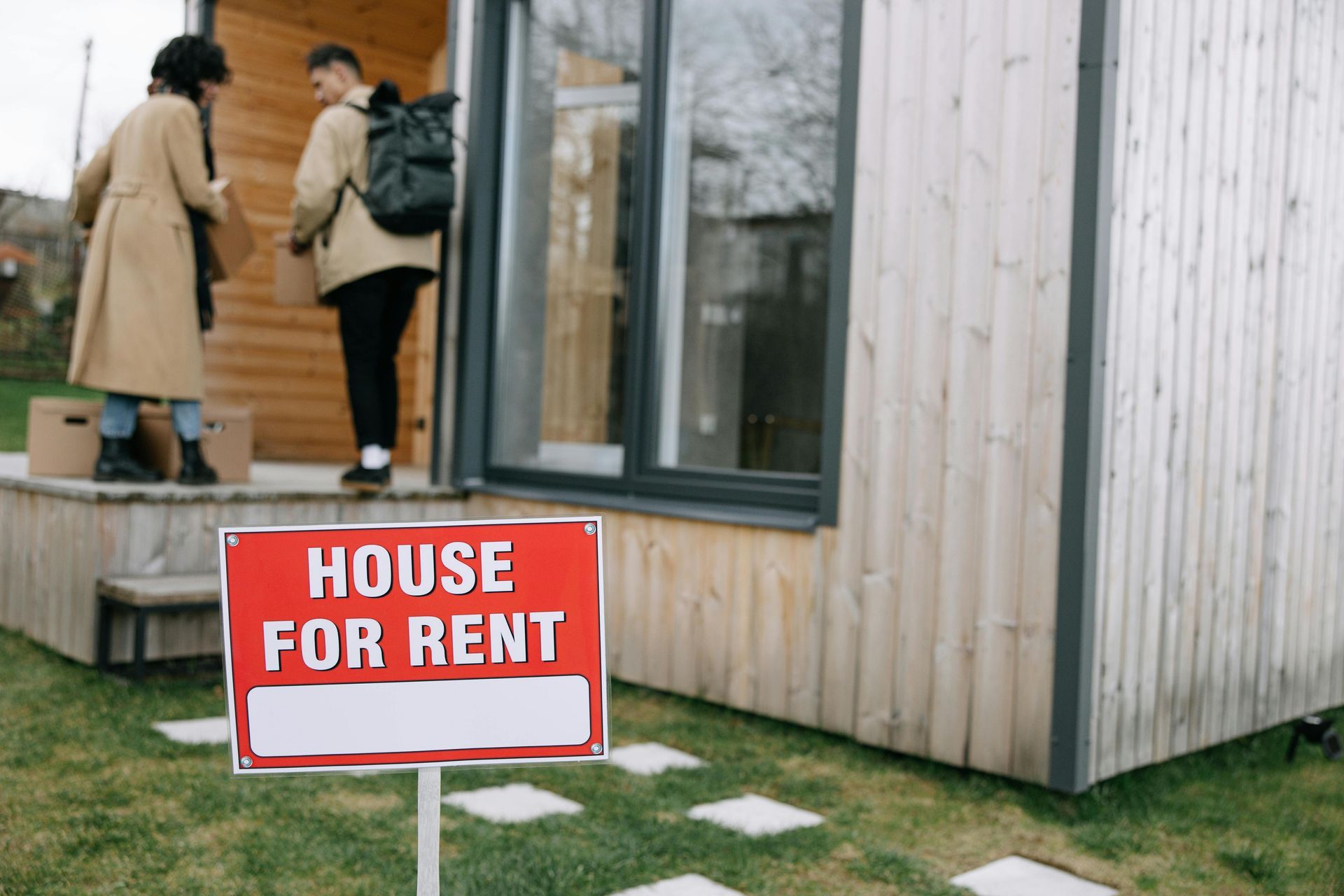How to Conduct a Search and Find The Right Student Rental
Victoria Furdui • September 25, 2024
Determine Your Budget

Establish Rent Limit: Calculate how much you can comfortably afford monthly. Consider utilities, internet, groceries, and transportation costs.
Check for All-Inclusive Deals: Some student rentals may include utilities like water, gas, and internet in the rent price.
Identify Preferred Locations

Proximity to Campus: Consider rentals that are close to your university or have good transportation options (bus routes, bike paths).
Nearby Amenities: Look for nearby groceries, gyms, restaurants, libraries, and other services.
Safety: Check for crime rates or reviews on the safety of the neighborhood
Decide on the Type of Rental

Shared Housing: Sharing with roommates can be more affordable and is a common option for students.
Private Apartments: If you prefer privacy and have a higher budget, look for studio or 1-bedroom apartments.
University Residences: Some universities offer off-campus student accommodations
Start Your Search

Use Online Platforms:
General Platforms: Kijiji, Facebook Marketplace, Craigslist, and local rental listing sites.
Student-Specific Platforms: Use student housing sites like Places4Students, RentBoard, or university housing offices.
Visit Rental Agencies: Some real estate agencies specialize in student rentals and can help narrow down options.
Check University Resources: Many universities have housing offices or student groups with listings or recommendations for rentals.
Visit Properties

Make Appointments: Schedule visits with landlords or property managers.
Ask Questions: Clarify details about rent, lease terms, deposit, utilities, and house rules.
Inspect Key Areas: Check for signs of damage, cleanliness, and necessary amenities (kitchen appliances, laundry, heating/cooling).
Review the Lease Agreement

Understand the Terms: Ensure the lease is clear on responsibilities like maintenance, rent payment dates, and penalties for breaking the lease. Look for Hidden Fees: Double-check for additional costs such as parking, garbage disposal, or maintenance fees.
Read Reviews and Check for Red Flags

Current or Past Tenants’ Feedback: Look for reviews from former tenants, either online or through student forums.
Inspect the Condition: Check the rental in person if possible, or ask for a virtual tour to ensure it’s in good condition.
Be Aware of Scams: Never send money before visiting the property or signing a legitimate lease agreement.
Negotiate If Necessary

Discuss Terms: Some landlords may be open to adjusting rent, payment schedules, or lease duration

Winter is very much an active time in the real estate market, and many homeowners successfully sell during this season. Whether you’re planning to list soon or later in 2026, winter offers a valuable opportunity to focus on improvements that can strengthen your home’s appeal and help it stand out to serious buyers.

Winter break is the perfect time for families to slow down, spend time together, and make some cozy seasonal memories. Whether you’re looking for festive outings, outdoor adventures, or kid-friendly indoor activities, Guelph has plenty to offer while school is out. Here are some great family events and activities to enjoy during the holiday break!

Winter in Guelph has its own kind of magic. From twinkling lights and cozy markets to skating rinks and snow-covered trails, the city and nearby communities offer plenty of ways to make the most of the season. Whether you love outdoor adventures or prefer hot cocoa and festive lights, here are some great ways to embrace winter in and around Guelph!

Summer in Guelph is something special. The city comes alive with music, culture, food, and community spirit. Whether you’re a lifelong local or new to the area, there’s no shortage of ways to celebrate the season. From outdoor concerts and cultural festivals to pirate-themed adventures (yes, really), Guelph’s summer events offer something for everyone. Here’s a roundup of some of the top festivals and happenings to check out this season!

If you’re the kind of person who feels most at home surrounded by trees, trails, and the sounds of nature, Guelph just might be your perfect match. Known for its strong sense of community and beautiful green spaces, Guelph offers a variety of parks and trails that make it easy to get outside and reconnect with nature, right in the heart of the city! Here’s a guide to some of Guelph’s most beloved spots for nature lovers, complete with real examples and local tips.

Navigating the rental process in Ontario means understanding the official notices used by the Landlord and Tenant Board (LTB). These notices are the first step in resolving many issues between landlords and tenants — whether it’s about unpaid rent, needed repairs, ending a lease, or illegal activity. There are notices that landlords serve to tenants, and others that tenants can file to address issues like harassment, maintenance problems, or rent abatements. Each notice has a specific purpose, required timelines, and a process that must be followed. In this guide, we’ll break down the most common and important LTB notices. Whether you’re renting a home or managing one, understanding these forms is essential to protecting your rights and resolving disputes legally and efficiently!

Spring is one of the busiest seasons for house hunting, and Guelph’s real estate market is no exception. After months of cold weather, snow, and ice, homes can show signs of winter wear and tear—some visible, some hidden. Before making an offer, it’s important to know what to look for so you can avoid costly surprises down the road.




